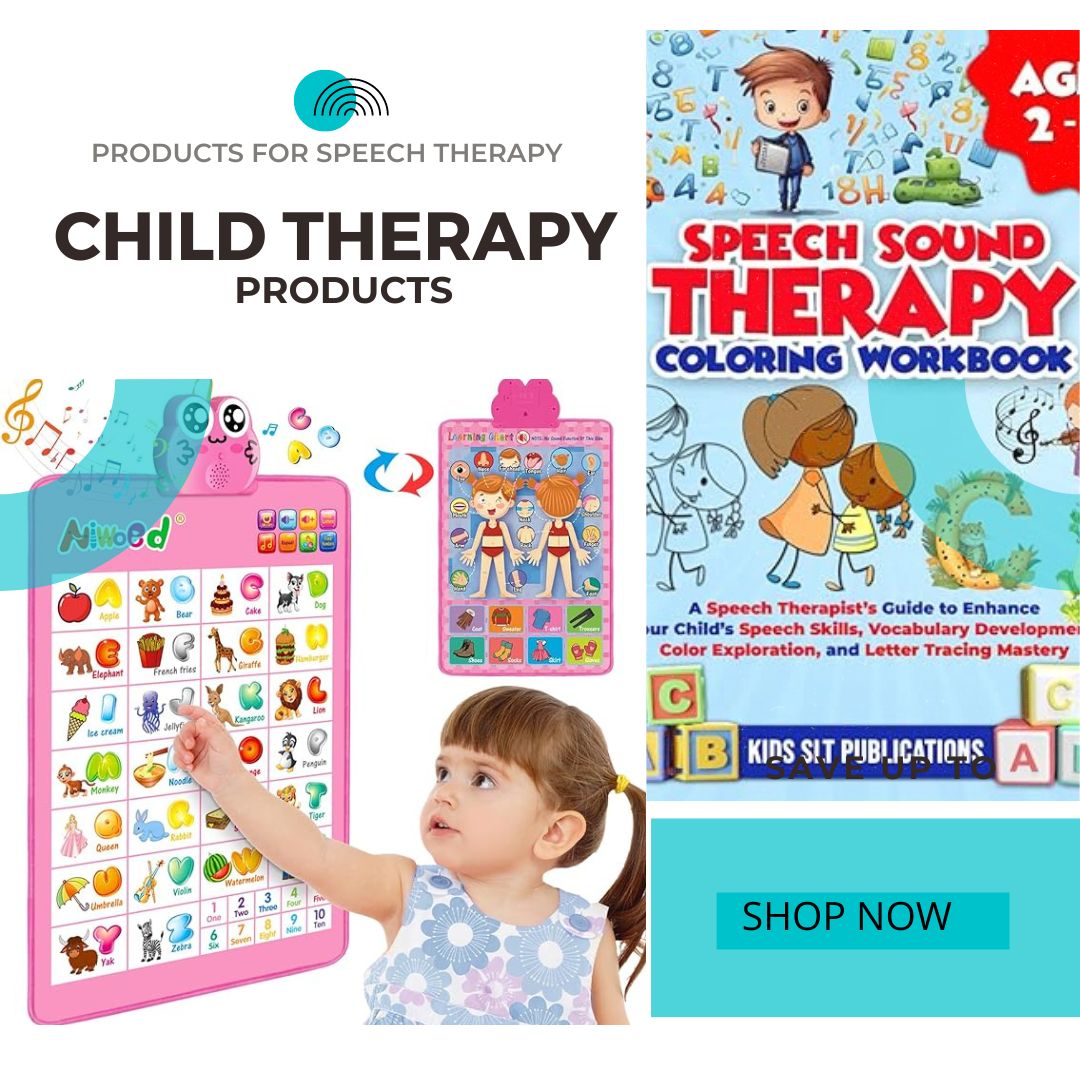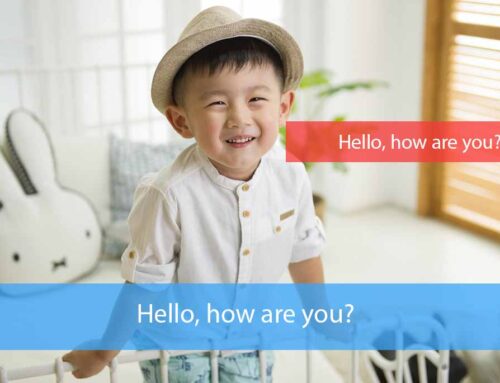Speech therapy is a form of treatment that helps individuals, including toddlers, improve their communication skills. It is often used to help individuals with speech and language delays or disorders, and can be an effective way to improve a child’s ability to understand and express themselves.
In this article, we will explore the effectiveness of speech therapy for toddlers and discuss the potential benefits of this treatment for young children.
What is speech therapy?
Speech therapy is a form of treatment that is designed to help individuals improve their communication skills. It can be used to treat a variety of speech and language problems, including:
- Articulation disorders: These are problems with the production of sounds, and may involve difficulty with producing certain sounds, such as l, r, s, or z.
- Fluency disorders: These are problems with the flow of speech, and may involve stuttering or other disruptions in the normal flow of speech.
- Language disorders: These are problems with the understanding and use of language, and may involve difficulty with understanding or expressing oneself in spoken or written language.
- Voice disorders: These are problems with the pitch, volume, or quality of the voice, and may involve hoarseness or other changes in the voice.
Speech therapy can be provided by a qualified speech-language pathologist (SLP). These professionals are trained to assess and treat communication problems, and may use a variety of techniques, including exercises, activities, and language-based games, to help individuals improve their communication skills.
Is speech therapy effective for toddlers?
Yes, Research has shown that speech therapy can be effective for toddlers with speech and language delays or disorders (Treatment was significantly more effective than no treatment). One study found that young children who received early intervention for language delays made significant progress in their communication skills, and were more likely to catch up to their typically-developing peers by the time they entered school.
There are several potential benefits of speech therapy for toddlers, including:
- Improved communication skills: Speech therapy can help toddlers learn new words, improve their use of language, and better understand and express themselves. This can have a positive impact on their overall development and socialization, as it allows them to better interact with others and participate in activities.
- Enhanced cognitive development: Language is an important part of cognitive development, and delays or disorders in this area can impact other areas of development as well. Speech therapy can help toddlers develop their language skills, which can in turn support their cognitive and overall development.
- Increased self-esteem: Children who struggle with communication may feel frustrated or isolated, which can negatively impact their self-esteem. By helping toddlers improve their communication skills, speech therapy can help boost their self-esteem and confidence.
- Improved socialization: Communication is an important part of socialization, and toddlers who have difficulty communicating may have a harder time forming and maintaining relationships with their peers. Speech therapy can help toddlers better understand and express themselves, which can facilitate their socialization and participation in group activities.
It is important to note that the effectiveness of speech therapy may vary depending on the individual child and their specific needs. Some children may make more rapid progress, while others may need more time and support. It is also important to note that speech therapy is most effective when it is provided consistently over an extended period of time.



